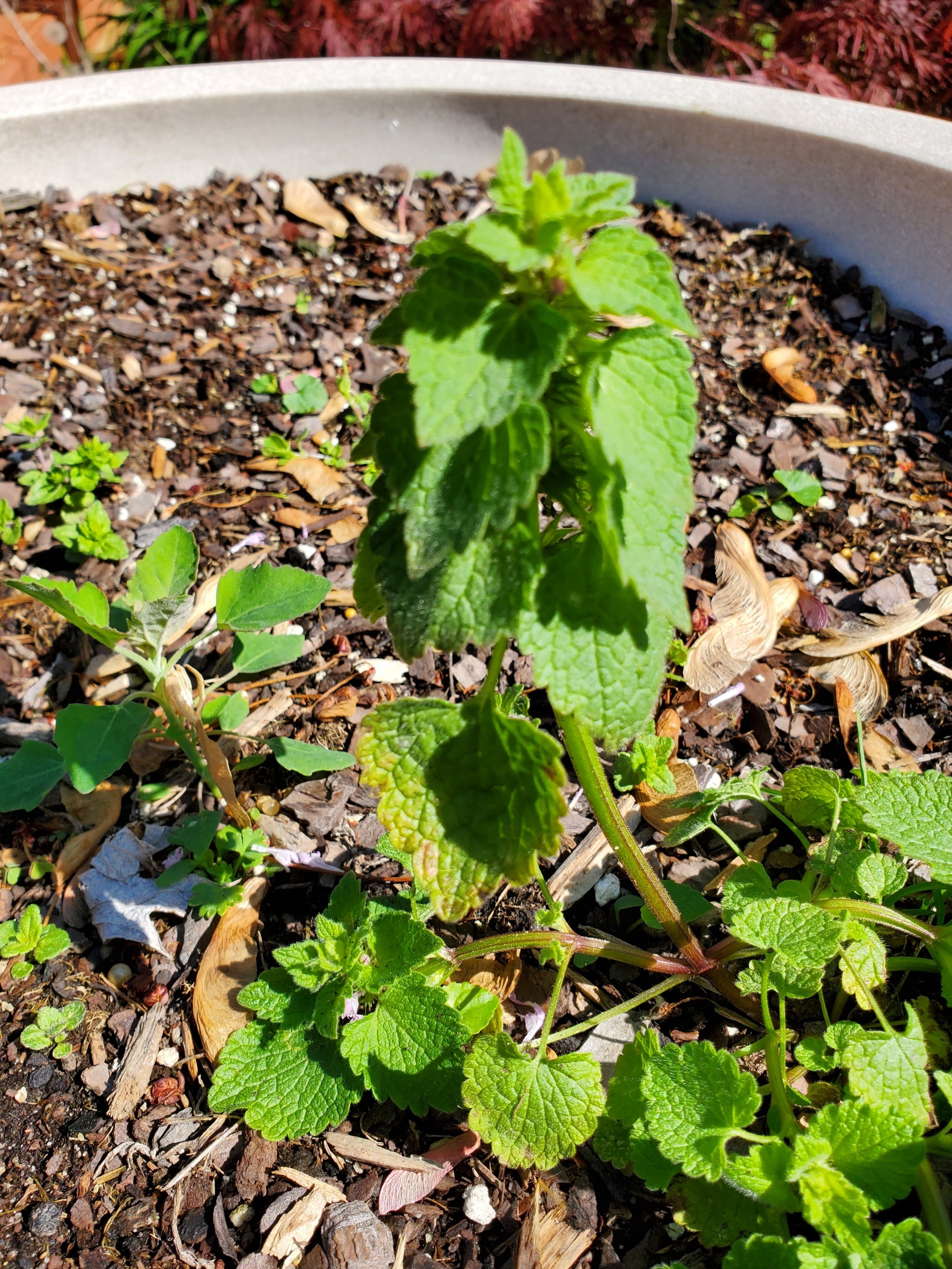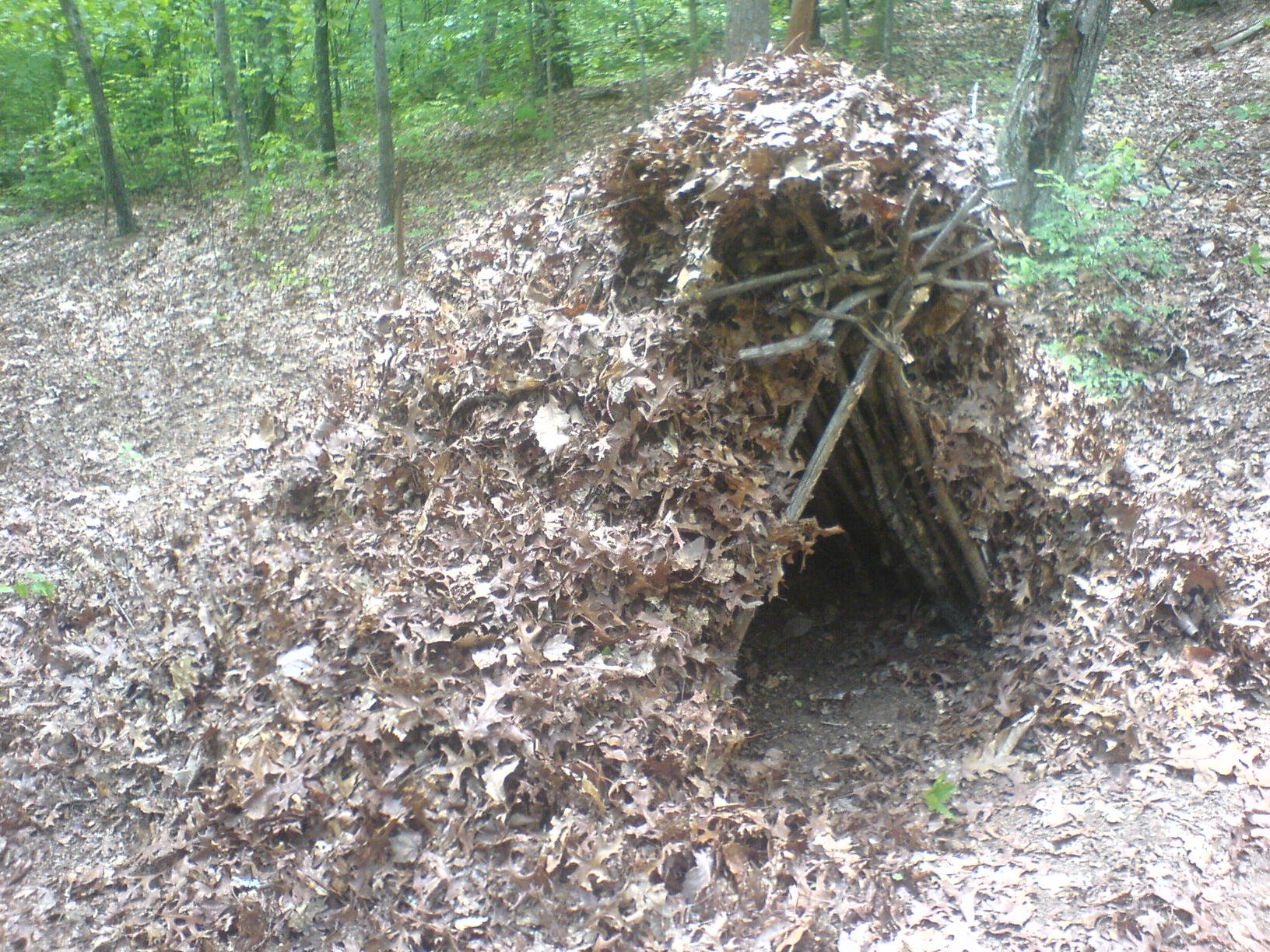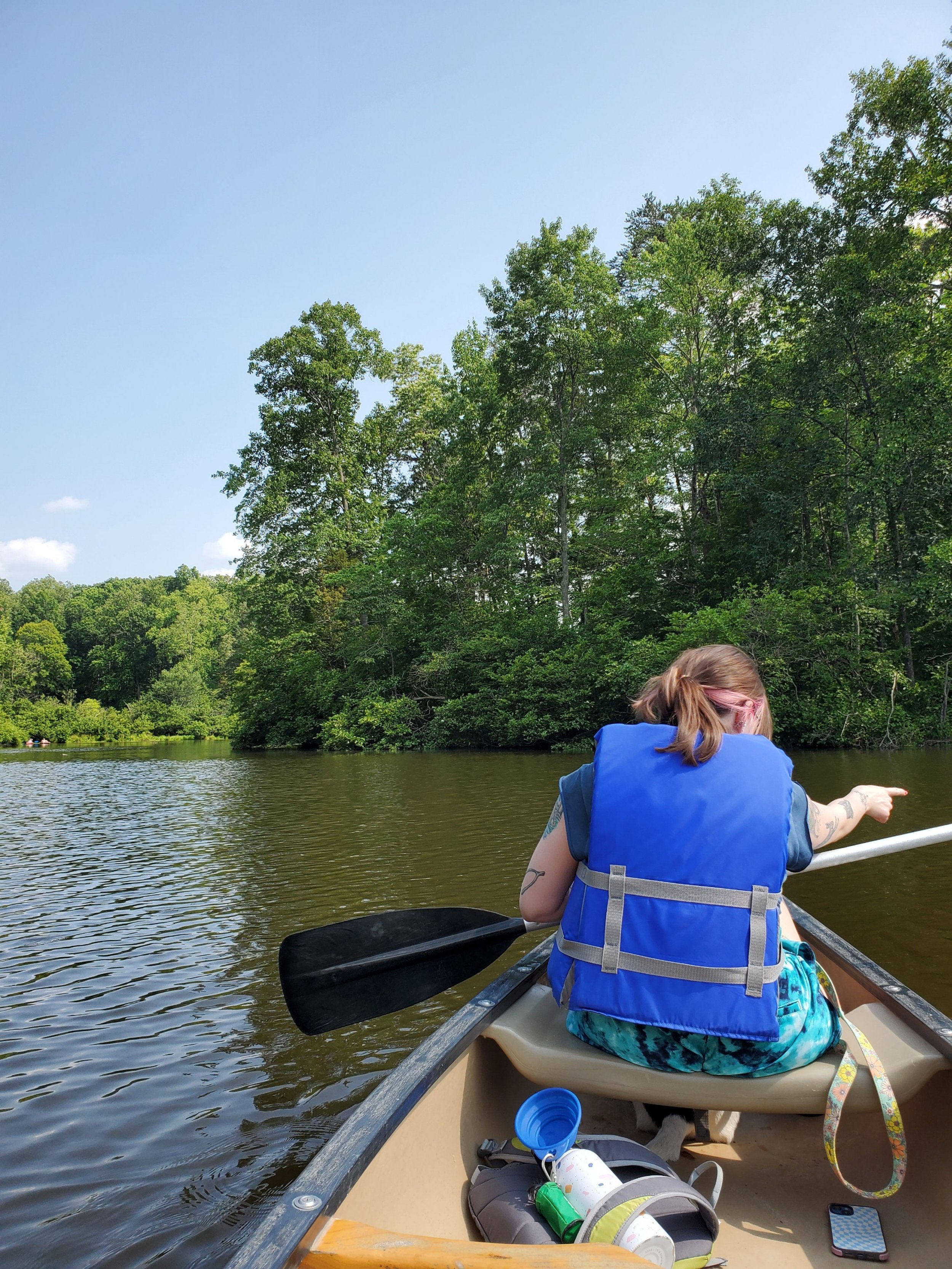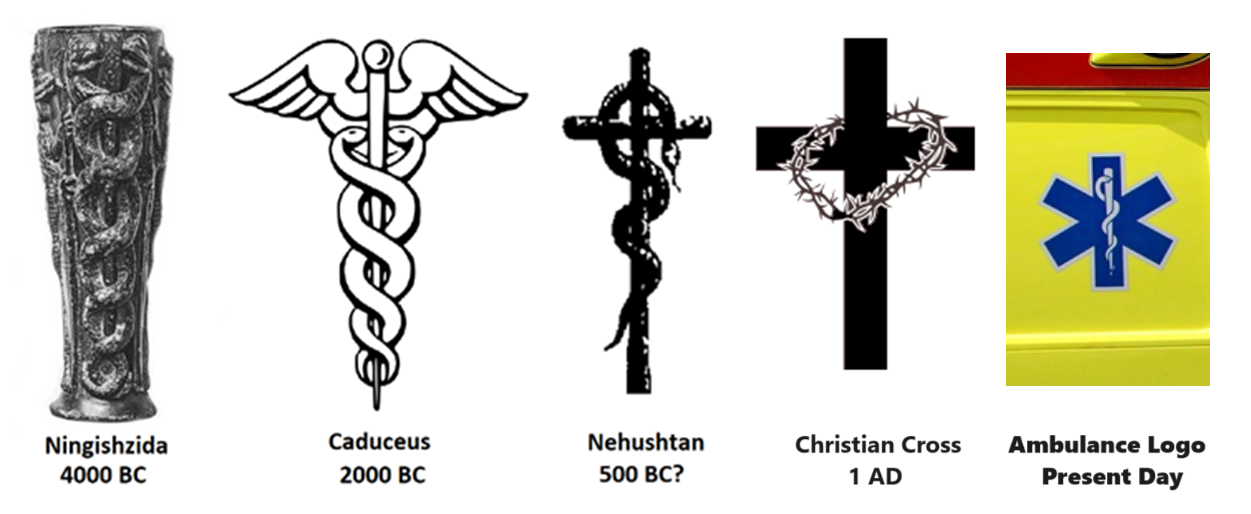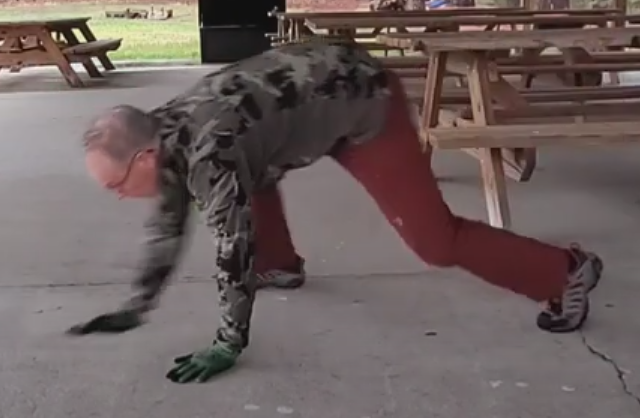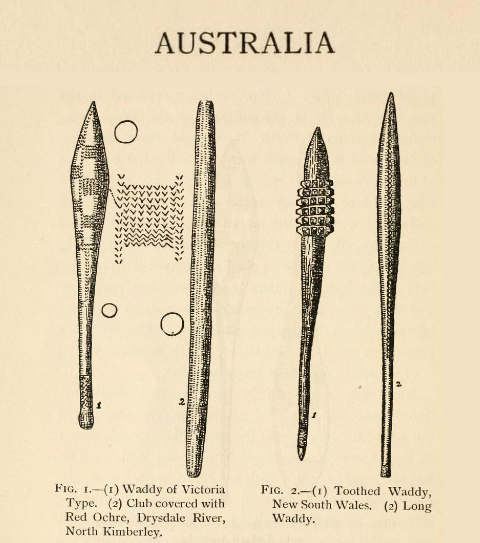Click here to sign up for daily motivational text messages!
...
Click here to sign up for daily motivational text messages! ...
WEEKLY FELLOWSHIP! JOIN AROUND THE CAMPFIRE!
Sundays at 11:30 AM ET. Click here to join via Google Meet!
What’s the weekly mettle maker?
Training tips and educational info in support of our free programs, that’s what! What’s mettle? Mettle is, “The ability to meet a challenge or persevere under demanding circumstances; determination or resolve.”
What’s new?
Our program is now called HERITAGE ROUGH ‘N’ TUMBLE. To understand why we’ve made this change, read this post .
Skin in the game is now required. The program is still free if you can’t afford a donation of $1/month — but you have to at least hang out with the crew each week or volunteer to be a social media promoter, blogger, researcher, newsletter editor, fundraiser, mentor, artist, or even come up with your own idea.
Mettle maker #413: Ranger beads and Standing Tall
What if a scrap of cord and a handful of beads could save your life, preserve your brain, and even improve your spiritually?
Could you track your miles walked using a cell phone app or a pedometer? Sure. I’ve done that myself. But if you don’t use your mind, you’ll lose your mind. May I suggest that you use an old-school method, one that uses brain power instead, which helps inoculate you against age-related reductions in cognitive ability (or, in the vernacular, using your head for something besides a hat rack).
And if you use this low-tech method — known as ranger beads — you’ll also have a reliable, off the grid way to know how far you walked if you have no cell phone.
Ranger beads are essentially a handheld abacus. There are 9 beads in one section and 4 in the other. Each time your left foot falls, count one full stride. Every 100 strides, move one of the 9 beads, When you get to the 10th set of 100 steps, slide the 9 beads all back to one side and advance one of the 4 beads. In this way, ranger beads will track your travels in 5 mile increments before being reset.
Keeping track of your steps can be difficult. It’s easy to lose count. There are only two ways that have ever worked for me. Method A is to offload some of the counting to your visual cortex. Imagine a digital counter in the corner of your visual field. Every ten strides, advance the visual counter by 1. When you get to 10, advance one of the 9 beads.
Method B is to recite prayers, one word per step. The Our Father and the Hail Mary, said back to back with an Amen after each, equals 112 words. In my tests, with my short legs, this method was accurate to .02 miles. This also has the added benefit of strengthening your relationship with God. And if you really are in a survivial situation, it will also give you something else you’ll desperately need: Hope. As Les Stroud says, “In a survival situation, you must exist in a constant state of HOPE if you are to make it out alive.”
For a complete overview of making and using ranger beads, watch the video above.
Interested in a totally free program that incorporates self-defense, fitness, outdoor skills, and spiritual development? Sign up for our free Rough ‘n’ Tumble Distance Learning Program!
Holy Eucharist is LIVE on YouTube every Sunday at 10 am EASTERn. Click HERE to watch live. To view and print a copy of the program for holy Eucharist, CLICK HERE.
Homily for the Fourteenth Sunday in Ordinary Time 7/7/24 – Father Mitch
Readings: Ez 2:2-5, Ps 123:1-2, 2, 3-4, 2 Cor 12:7-10, Mk 6:1-6
Mark 6:1-6 World English Bible
1 He went out from there. He came into his own country, and his disciples followed him. 2 When the Sabbath had come, he began to teach in the synagogue, and many hearing him were astonished, saying, “Where did this man get these things?” and, “What is the wisdom that is given to this man, that such mighty works come about by his hands? 3 Isn’t this the carpenter, the son of Mary and brother of James, Joses, Judah, and Simon? Aren’t his sisters here with us?” So they were offended at him.
4 Jesus said to them, “A prophet is not without honor, except in his own country, and among his own relatives, and in his own house.” 5 He could do no mighty work there, except that he laid his hands on a few sick people and healed them. 6 He marveled because of their unbelief.
Because my father worked 6 PM to 3 AM for my entire childhood, my parents naturally gravitated toward being night owls, and they sometimes let me stay up late too, although they almost always sent me to bed somewhat before they turned in. Back then the T.V. stations signed off at 1 AM. The last thing that came on was the national anthem. But right before that, the local ABC and NBC affiliates aired a segment called “Justice and the Circuit Rider” starring William R. Livermon of Cobbs Creek, VA. Each segment began with the words, “Justice is the name of a grand old horse. Once he paced the racetracks, but now he brings a friend for a visit. Out of the fascinating heart of nature, the circuit rider brings a simple secret in his saddlebag. Let's see what it is.” Livermon then offered a short, but always uplifting, four-minute sermon revolving around an everyday object. I loved it. As a kid, I’d beg to stay up and see the Circuit Rider.
Compare that to the evening of television I experienced a few nights ago. This is what our culture is now comfortable putting on display 24 hours a day. I saw previews for movies in which the heroes were hedonistic criminals. I saw an ad for junk food followed by an ad for a weight loss drug. I saw an ad for a drug to improve sex drive immediately followed by one to treat a sexually transmitted disease. I saw shows with plots revolving around broken families, violence, and mental illness. I watched a documentary about a woman who drowned her stepson out of jealousy for her new husband’s ex-wife.
I watched a frustrated news anchor interview Oklahoma Superintendent of Schools Ryan Walters about his new mandate to teach the Bible in schools. Walters’ said in part, “The Bible is an indispensable historical and cultural touchstone. Without basic knowledge of it, Oklahoma students are unable to properly contextualize the foundation of our nation…this is…a crucial step in ensuring our students grasp the core values and historical context of our country. The Bible is one of the most historically significant books, and a cornerstone of Western civilization, along with the Ten Commandments.” His interviewer was combative and visibly upset by these facts.
Things have grown so bad that the mere mention of God causes shock and dismay. This is what our scriptures today point toward. When Jesus preached, people are shocked and dumbfounded. Ultimately, Jesus’ preaching resulted in his crucifixion. Prophets cause people to react the way that news anchor did – with anger and distress.
It’s time for us to interrupt the broadcasts – the news, the shows, the social media, the classes in our schools, the movies, the books – in order to proclaim the truth. We may not be prophets with a capital “P” like Ezekiel. But we can be small “p” prophets. We can speak out against consumerism, pride, greed, wrath, envy, lust, gluttony and sloth. And we can talk about God, Grace, Faith, Hope, Truth, and Love. And, as God said to Ezekiel, “whether they heed or resist, they will know that a prophet has been among them.”



















